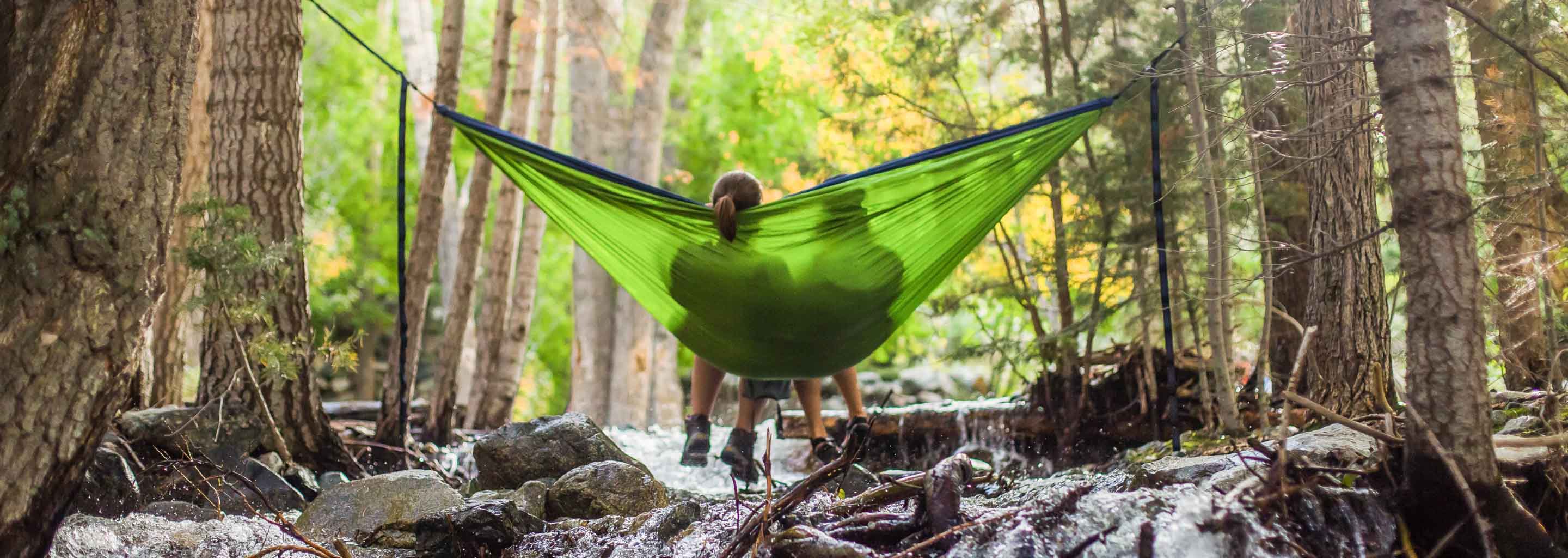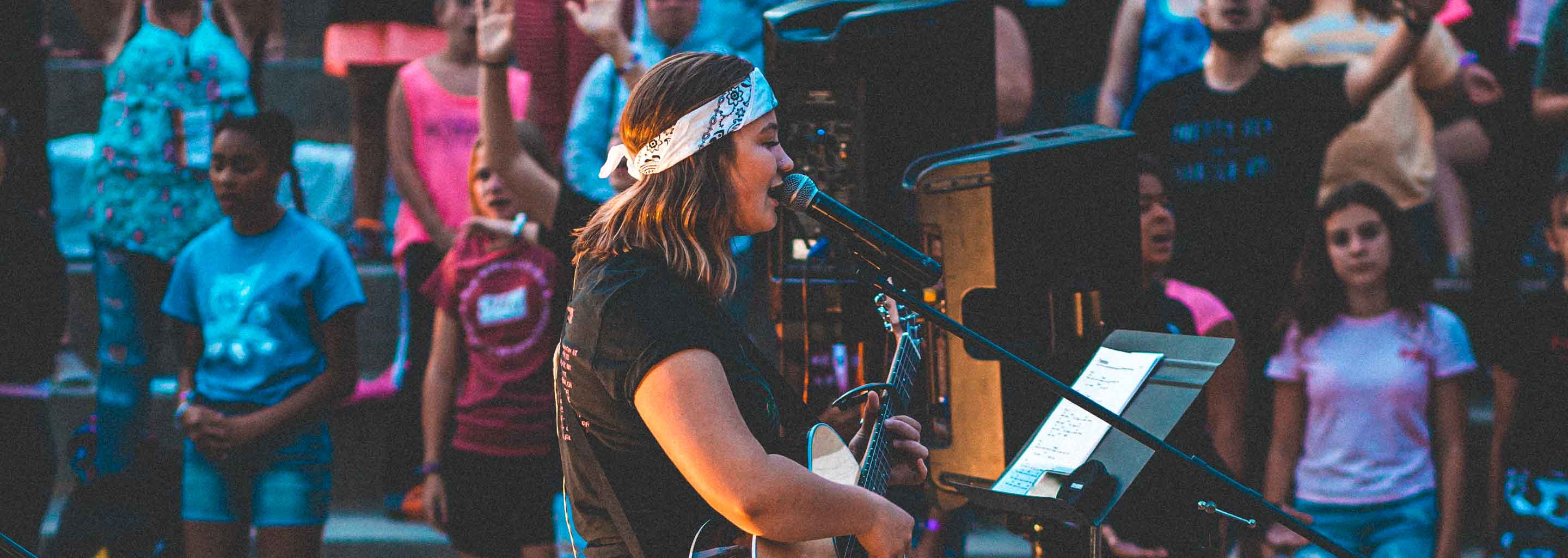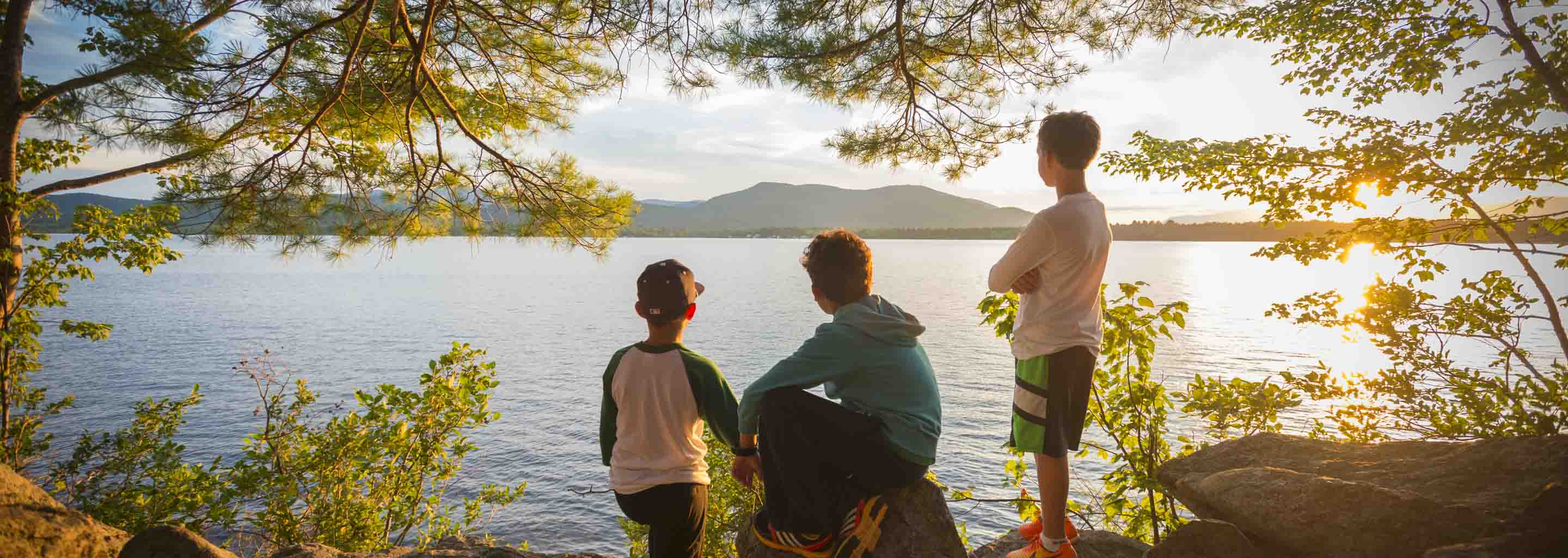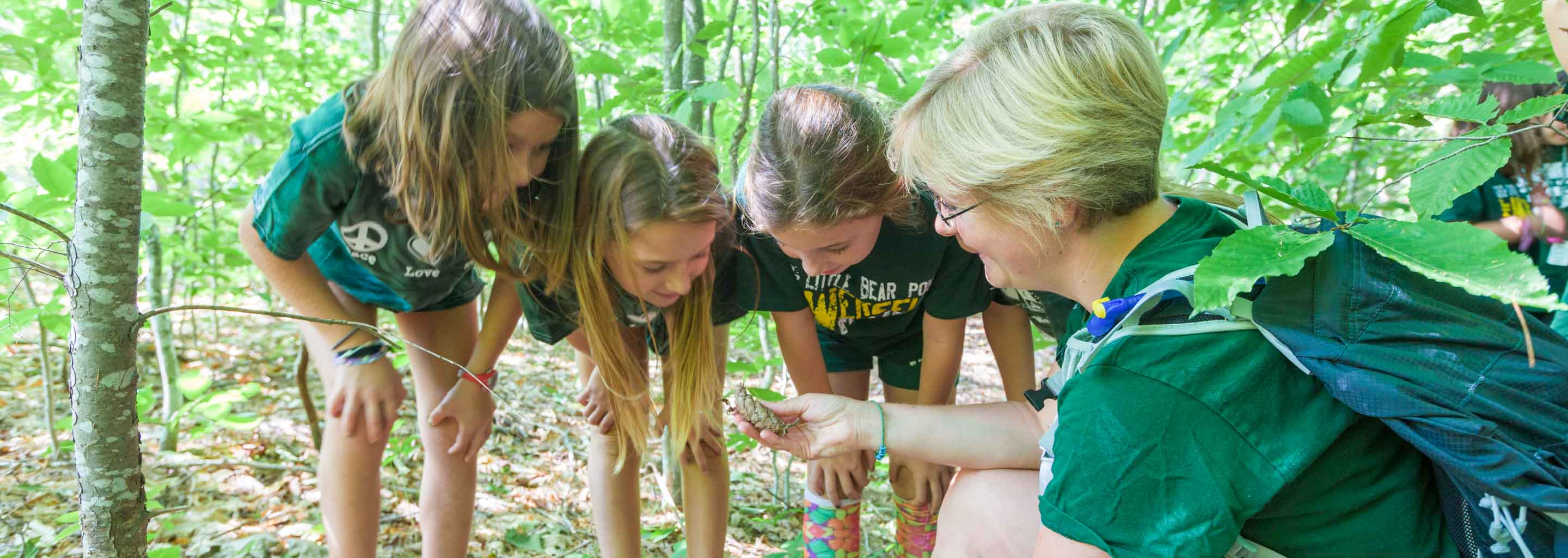Types of Camps
All camps strive to have a dedicated staff of energetic counselors. To help you find a camp that matches your personality and skill set, you can indicate on your application what type of camp you would prefer to work at. However, the more flexible you are, the greater your chances of placement.
Most of our staff are placed at camps in picturesque settings all over the USA. We work with well over 700 camps in most US states. The best thing is when you are part of our camp program you have access to search through all our camps, by name, state, camp type. You can reach out to these camps to line up an interview, while the camps will also approach you to set up an interview. The camps we work with have high standards for their staff and are approved by the American Camp Association. Below is a brief description of the types of camps that are looking for Camp Staff.
Private, Traditional, Residential Summer Camps
These camps are independently owned and cater mainly to the children of middle/high-income families. Private camps usually devote lots of time to sports, waterfront activities, fine arts, performing arts, horse riding, gymnastics, extreme sports and outdoor programs. Many campers return year after year for a period of one, two, three, four or eight weeks. Some camps are very competitive, others run more relaxed recreational programs. Some are quite rustic in appearance while others have well-appointed cabins and excellent sports facilities. These camps tend to be a mix of co-ed or girls / boys only (but don’t worry they typically have a boys/girls camp nearby for camp social events). Every camp is different. Every camp is great!
YMCA Residential Summer Camps
There are hundreds of YMCA Camps throughout the country. They are non-profit organizations that serve children from all socioeconomic backgrounds. YMCA camps usually devote lots of time to sports, waterfront activities, fine arts, performing arts and outdoor programs. Campers return year after year, typically for one to two week sessions. Some camps are very competitive, while others run more relaxed recreational programs. Some YMCA camps are quite rustic in appearance while others have well-appointed cabins and excellent sports facilities. Most YMCA camps are co-ed, but there are some that are girls / boys only (but don’t worry they typically have a boys/girls camp nearby or across the lake for camp social events). Every YMCA camp is different, and every Y camp is great!

Agency Summer Camps
Agency camps are run by organizations such as the YMCA, YMHA, YWCA, or Salvation Army, and offer many of the same activities as private camps. Campers come from all parts of the community, and agency camps strive to give each child a unique experience. Running for one to four weeks in length, these camps are usually co-ed. Some are rustic, while others are custom-built modern facilities.

Girl Scout Summer Camps
Girl Scout camps are popular and offer a worthwhile experience for the right candidate. These programs are generally centered around camp craft, pioneering, and outdoor skills. However, they also tend to specialize in certain activities such as horseback riding or wilderness trips. Some Girl Scout camps have rustic, platform tent living; others have more modern, custom-built indoor facilities. Girl Scout Camps are single sex, with female – only campers and a predominantly female staff.
Day Summer Camps
Day camps offer a large range of activities and are located at local private sites, church halls, parks, YMCAs, or as a separate program at a residential camp. They usually run from 8 a.m.to 6 p.m., Monday to Friday. Counselors work during the day in much the same capacity as at a residential camp. They live either on campus or with local families.
Evenings and weekends are usually free but may occasionally involve overnight trips or other camp activities. Where a day camp runs as part of a residential camp, counselors generally live on the overnight camp property and help with evening and weekend activities.
Religious Summer Camps
There are many religiously affiliated camps operated by all denominations. Some camps recruit campers directly through associated churches, while others lease their facilities to groups on a weekly basis. Many camps are co-ed. These camps are perfect for people who believe strongly in their faith and who are able to lead devotions and guide campers spiritually, in addition to teaching the usual camp activities.

Special Needs Summer Camps
Special needs camps include those for the physically or mentally disabled (adults as well as children), diabetics, those suffering from cancer, the learning disabled, hyperactive, and those with behavioral problems. These camps are run privately or by non-profit agencies and need experienced staff who are calm, patient, caring and who can give specialized care to the campers. Previous, relevant experience is likely to determine the type of camp selected for you.
The level of instruction will vary depending on the child. For some, basic skills and sports can be taught and enjoyed, while for others it may be limited to helping the children feed themselves. Facilities are likely to be limited to what the child can do and what the camp can afford. At a special needs camp, supervision and care are priorities, and dealing with unpredictable behavior should be expected. There is a high demand for people to work with special populations.
Summer Camps for Disadvantaged Children
Operated by various social or philanthropic agencies, these camps aim to give disadvantaged children the chance to experience a week or two in the country at very little to no cost to the parents. The emphasis is on recreational games and appreciation of the environment; facilities can be very limited and on the worn and rustic side. Playing and living together are the most important aspects of the camp experience. Many camps are co-ed.
The work is usually demanding, but for those with the relevant experience and dedication, the summer can be tremendously satisfying.

Camp has been amazing. The program has made me a better person